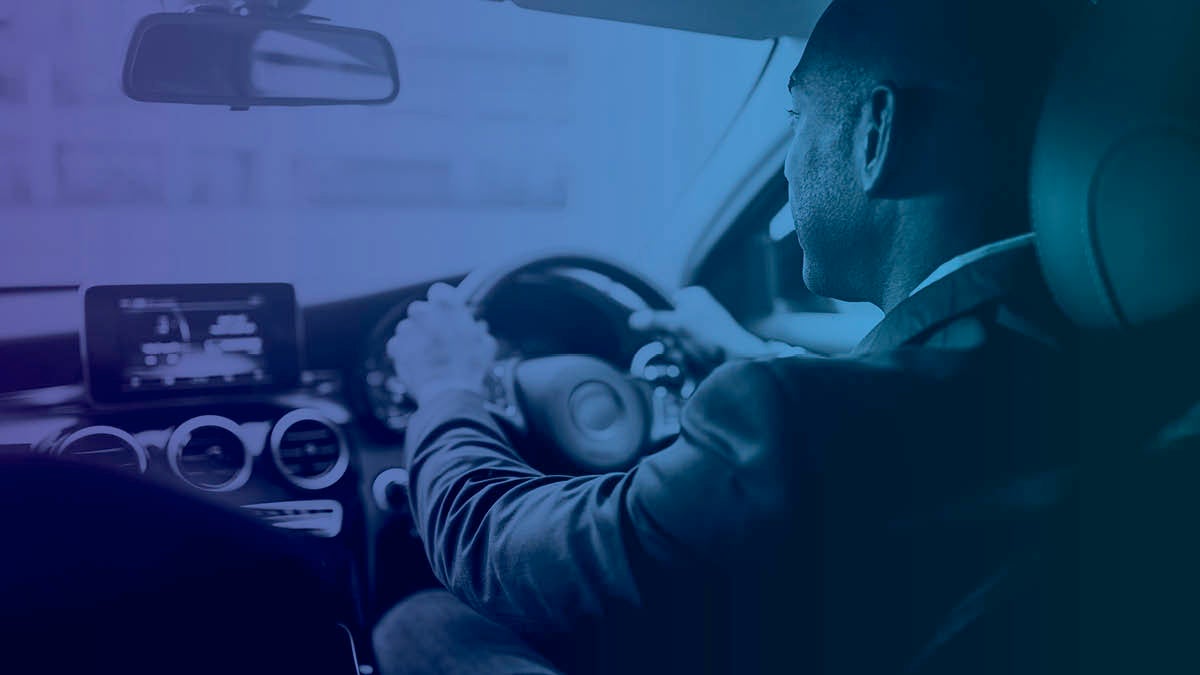
Usage-based insurance (UBI) is quite the thing these days. As telematics technology has become smarter and people have demanded more personalisation from the insurance industry, insurers recognise they could win more business by tailoring their offering. Car policies aimed at different types of driver are the most developed form of UBI, but other sectors are showing interest, especially now coronavirus means we are using our cars less. Here, we explore five UBI options for car owners of all stripes.
1. The low miler
Research from By Miles shows the more someone drives, the more likely they are to make an insurance claim. Yet the insurance premium for low-mileage drivers is likely to be higher than for those who drive further. The company says motorists who drive under the UK average of 7,000 miles annually are paying £180 a year more than those driving more.
By Miles users install a matchbox-sized tracking device under the bonnet or connect an app directly to the milometer in newer cars. The insurance premium is then made up of a fixed annual fee that covers the car when it’s not being driven, plus a rate of a few pence per mile.
For example, one new By Miles customer drives 2,500 miles a year in central London. She says: “When I went to renew [with my old insurer], I was quoted over £400, which seemed really high to me, particularly as I drive so little. My quote with By Miles was £269. Pay-by-mile car insurance just feels fair and it’s worked out really well for me during lockdown; my monthly statement for March was only £1.59.”
2. The safe driver
While many insurance companies have sprung up offering pay-as-you-go, mileage-based policies, some have gone further by offering pay-how-you-go policies.
One such insurer is UBI company Insurethebox. It relies on telematics technology installed in the vehicle which monitors driving habits: the time of day, the type of road and how the car is being driven, for example how the accelerator and brakes are used.
Drivers pay for a comprehensive policy covering 6,000, 8,000 or 10,000 miles, but can reduce their insurance premium through good behaviour. Users can see their driving data on a customer portal and, after an initial information-gathering period, they can earn up to 100 free miles a month, just by driving safely. If you regularly drive too fast for the road you are on, this can translate into a higher insurance premium.
The company says customers save an average 28 per cent on their policy after the first year of no-claims driving, increasing to 36 per cent in year two.
3. The fleet driver
Concirrus, a data provider to the insurance industry, has launched Quest Automotive Fleet, a platform that uses data from installed telematics technology to manage individual driver risk and detect collisions in real time for fleet managers.
The platform enables insurers to develop UBI programmes for managers of corporate car fleets. It is already being used by insurance companies Acorn and Antilo.
It can provide fleet managers with notifications of risky driving habits, such as exceeding the speed limit by a specified amount and excess mileage including whether the car is being driven excessively at night when the risk of an accident is higher. Managers can also specify the areas of operation for a vehicle and restrict other areas. They are then able to take proactive action and actively manage drivers’ behaviour.
It can also inform fleet managers in real time if an accident has occurred. The company says that earlier identification of accidents can lead to cost-savings of £3,000.
In addition, the platform can help identify the best drivers so fleet managers can use this knowledge to reinforce and encourage positive behaviour.
4. The delivery driver
If one thing has emerged during lockdown, it is the invaluable role played by delivery drivers. With many of them on zero-hours contracts, the idea that they would pay an annual insurance premium to protect themselves while working for the likes of Deliveroo or Uber Eats makes little sense.
Estonian-founded and London-based Zego was set up in 2016 by two former Deliveroo directors Sten Saar and Harry Franks, with technical co-founder Stuart Kelly, to provide flexible UBI for the gig economy. The company’s first policy sold for just £2.30. Four years on, users can buy a range of flexible policies via app, web and phone.
The company offers insurance policies from as little as an hour’s cover for cars, vans and scooters, and will soon launch policies for electric kick scooters. Van drivers insured through Zego can track their journeys automatically through the app which helps build a personal score based on driver habits. The app offers tips on being a safer driver and also shows where the driver ranks on a leaderboard.

Usage-based insurance (UBI) is quite the thing these days. As telematics technology has become smarter and people have demanded more personalisation from the insurance industry, insurers recognise they could win more business by tailoring their offering. Car policies aimed at different types of driver are the most developed form of UBI, but other sectors are showing interest, especially now coronavirus means we are using our cars less. Here, we explore five UBI options for car owners of all stripes.
1. The low miler
Research from By Miles shows the more someone drives, the more likely they are to make an insurance claim. Yet the insurance premium for low-mileage drivers is likely to be higher than for those who drive further. The company says motorists who drive under the UK average of 7,000 miles annually are paying £180 a year more than those driving more.
